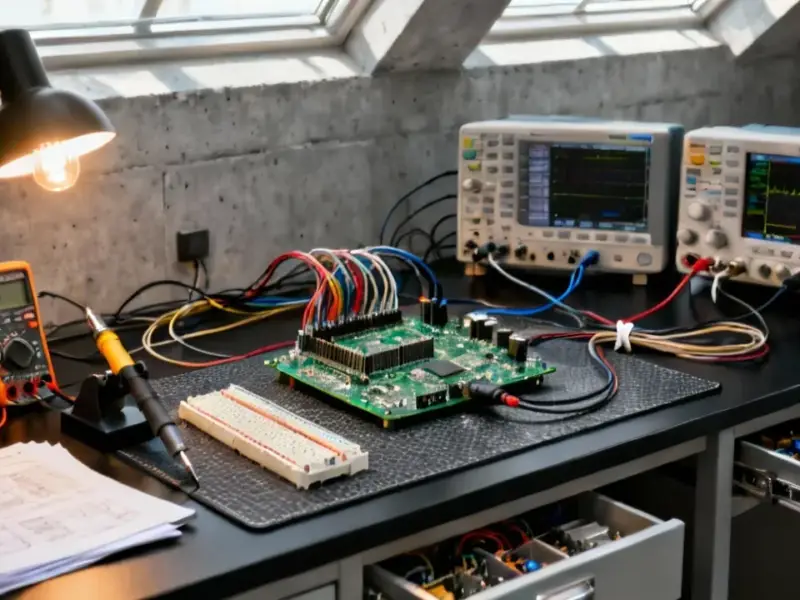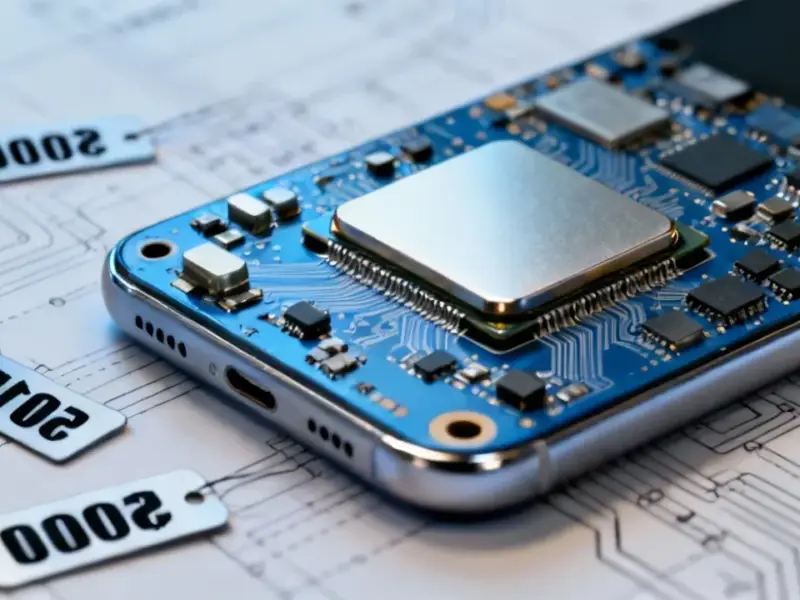HP’s new AI PC is just a keyboard. Seriously.
HP is reimagining the desktop PC by hiding an entire Copilot+ AI computer inside a keyboard. The EliteBoard G1a, powered by an AMD Ryzen AI 300 CPU, is designed for enterprise hot-desking and will be available in March 2026. Pricing is still unknown.









